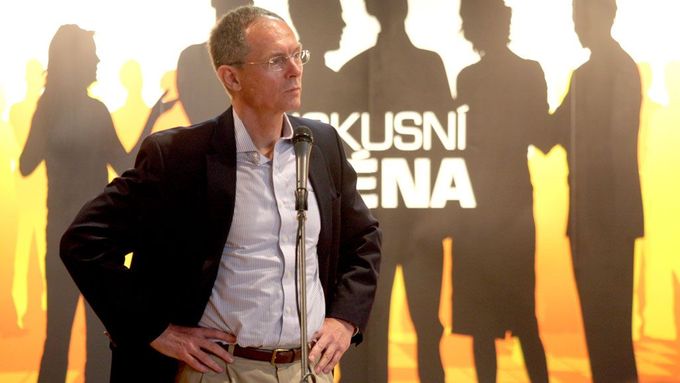Prague - Jan Svejnar is a Czech economist and possible candidate for the 2013 direct presidential election.
In an interview with Czech Internet newspaper Aktualne.cz, Svejnar explained his views on the eurozone crisis, saying that the EU needs the powers enjoyed by the USA's central bank.
"The American central bank's role is to lend any sum of money at a rather low interest rate in order to convince the markets that it won't let the economy collapse. As of now, the European Central Bank is not doing that. And it isn't even its job. And even though now it has done it to some degree by lending a large sum of money to banks in Spain and Italy, the financial markets still do not trust it very much," said Svejnar to Aktualne.cz.
Vicenova: Two-speed Europe no longer taboo in EU
Czech central bank cuts rates to record low 0.5 percent
"In America the interest rate is practically at zero and the government may borrow money at this low interest nearly without limit, which is not possible in Europe. If the European Central Bank ensured that Spain and Italy could borrow under the same conditions as America, then they simply wouldn't have the problems they are struggling with."
"Europe is still halfway to the economic unification and integration, while in America this process was finished long time ago. Europe thus faces much bigger problems, because the financial markets are able to destabilize even large monoliths inside it, which is not possible in the USA."
"Europe's debt in relation to GDP is only roughly 85 percent, while America's debt to GDP is over 100 percent. And in spite of this it is Europe that is facing much bigger problems. In America there are states such as Arizona or California which are on the brink of bankruptcy, but says they should leave the dollar and introduce some own currency.
"That's why we must understand that we, as Europeans, are responsible for what we have done to ourselves. In those 60 years, we haven't been able to create institutions that would be strong enough and that would have the authority to use the same leverages that are used in America in times of crisis."
Svejnar also said that the basic difference between the USA and Europe is that "at the beginning of the crisis, Americans started to very strongly stimulate the (domestic) demand. That's why Europe is still somewhere between a recession and an emerging boom, while the USA is already registering growth, even though the pace is slow."
Speaking about the economic situation of the Czech Republic, Svejnar said the current deceleration is caused by weak domestic household consumption and lack of investment by firms, and even though export is growing, it is not enough to keep the economy from contracting.
Svejnar also said that he expects a further restructuring of Greece's debt. "Germany and other countries are wiling to provide new loans to Greece, but the Greek government must implement further structural changes."
